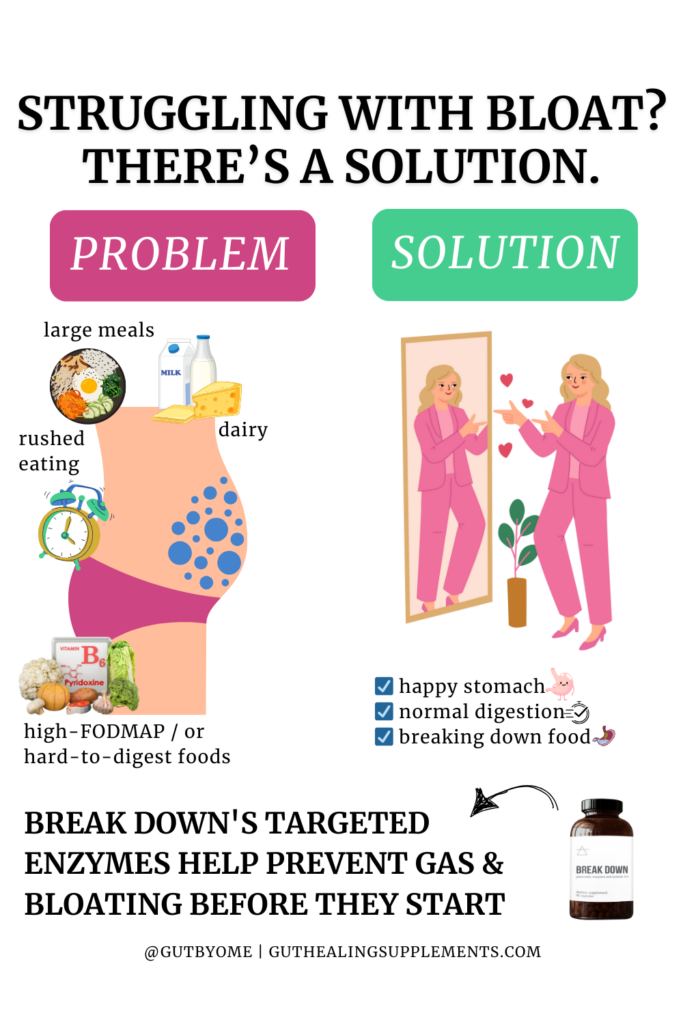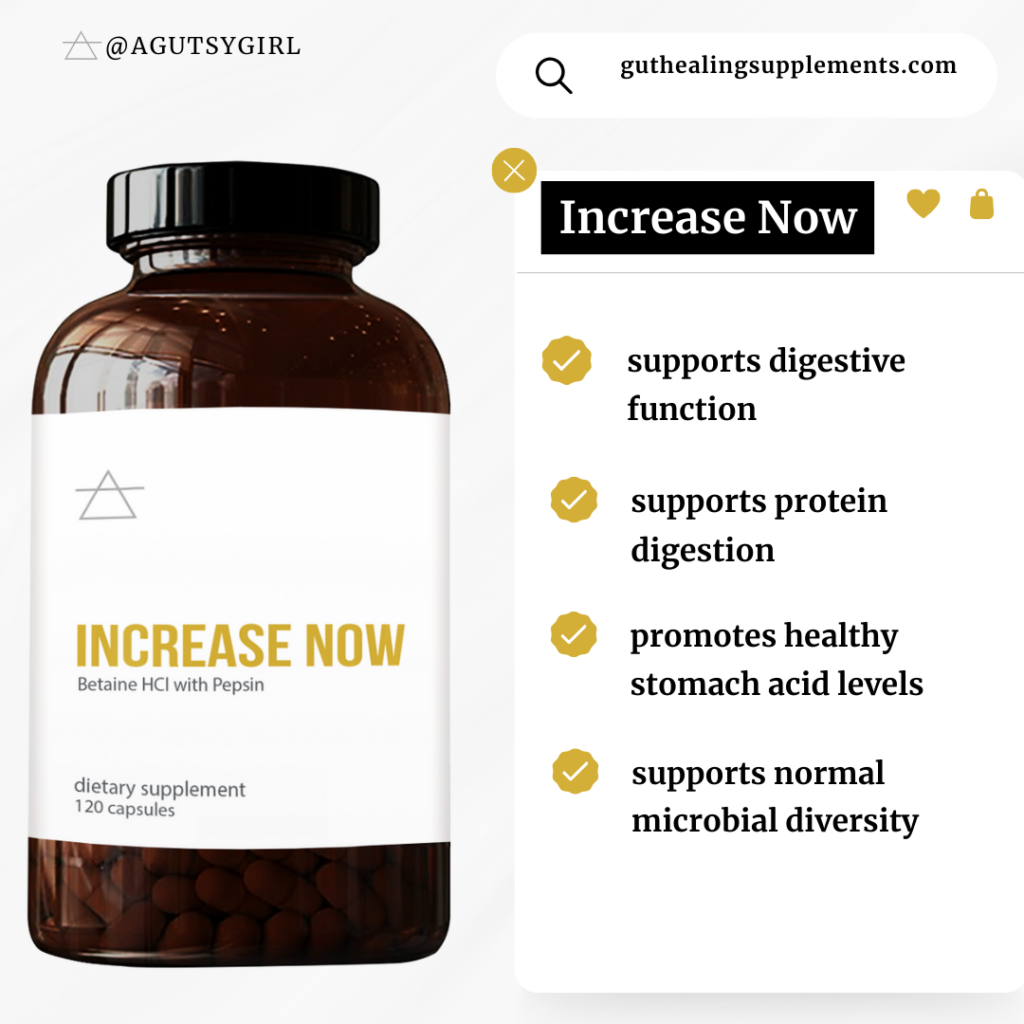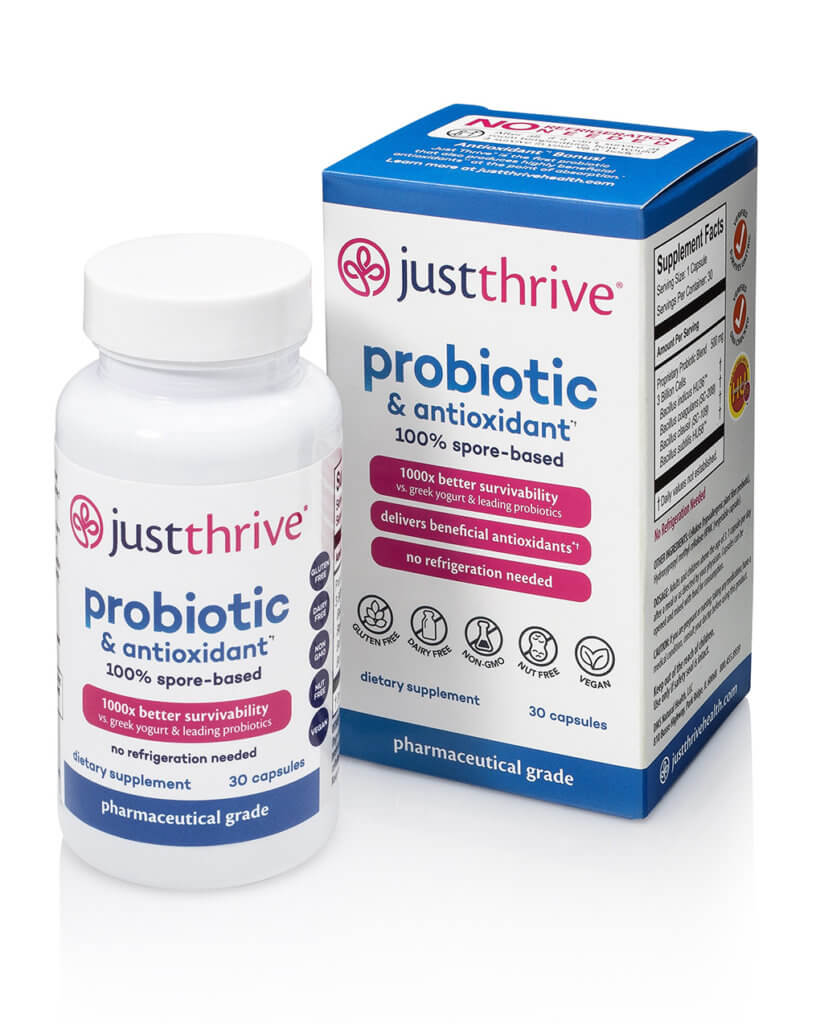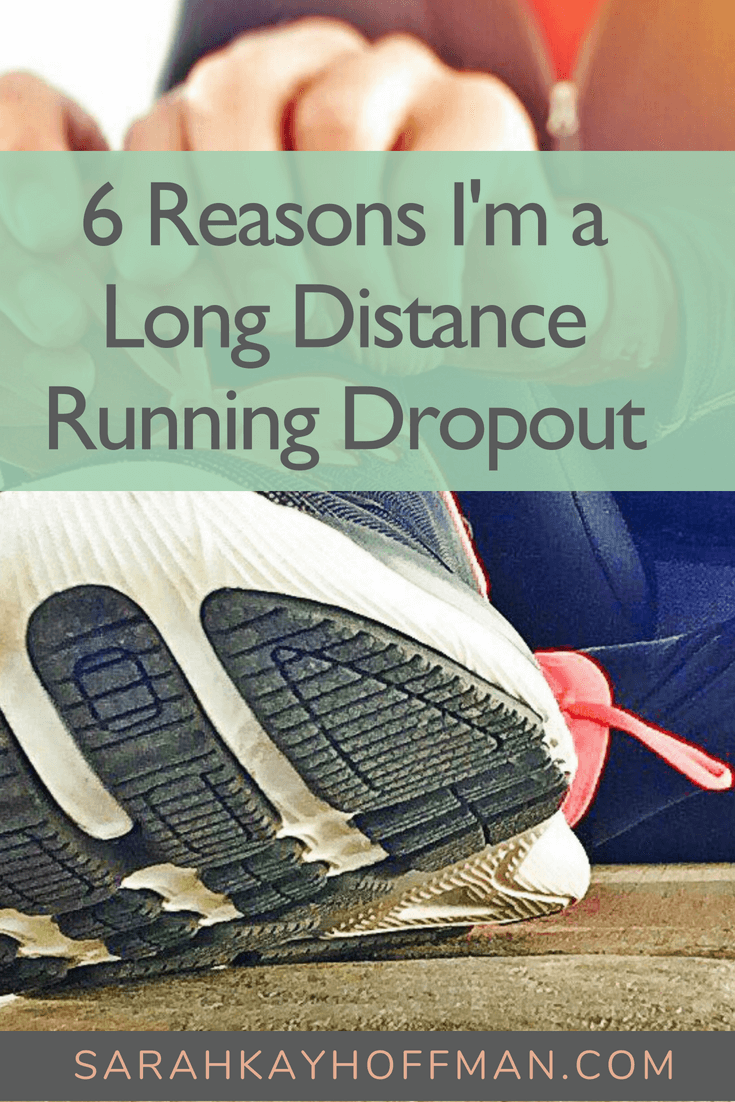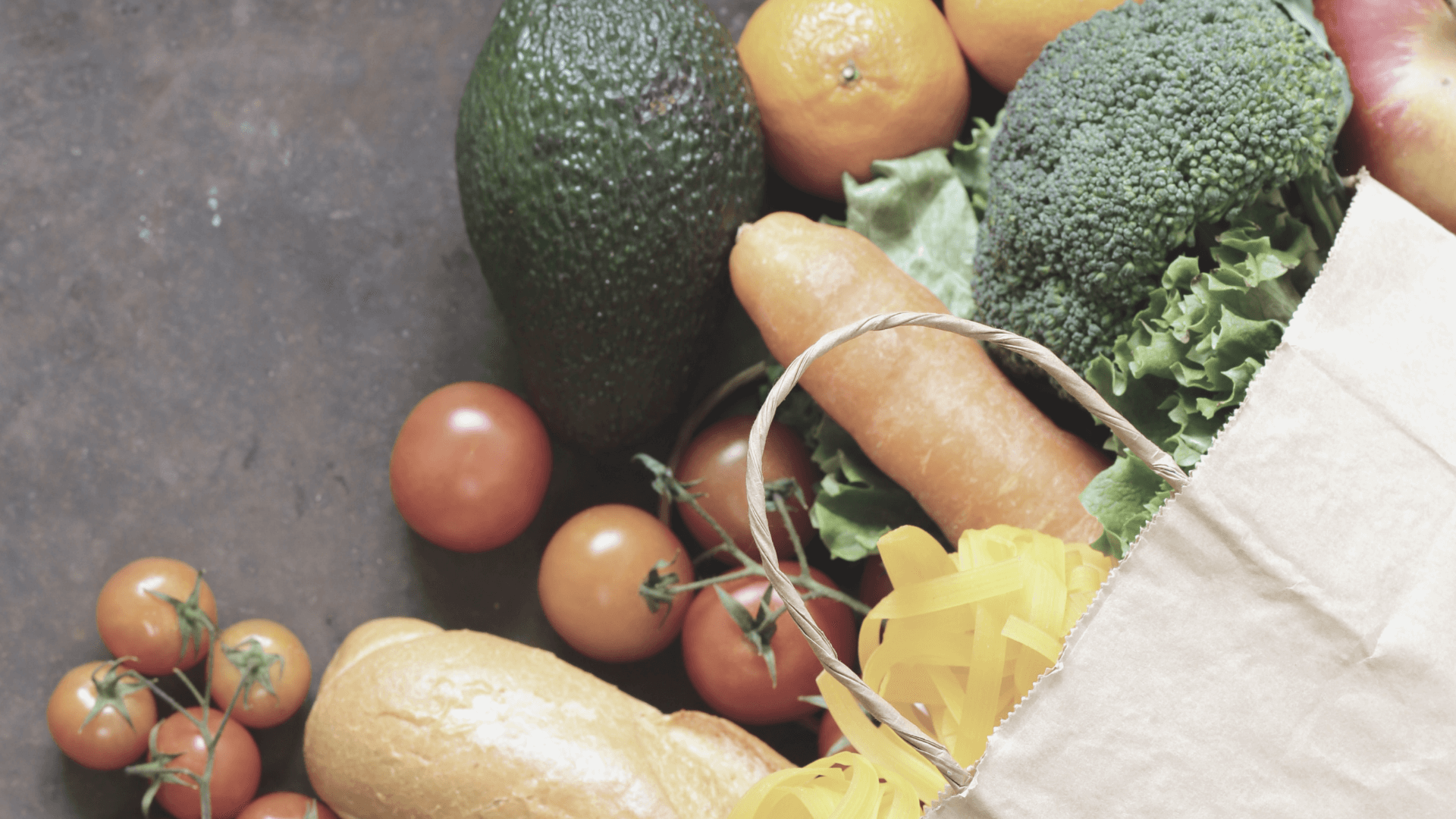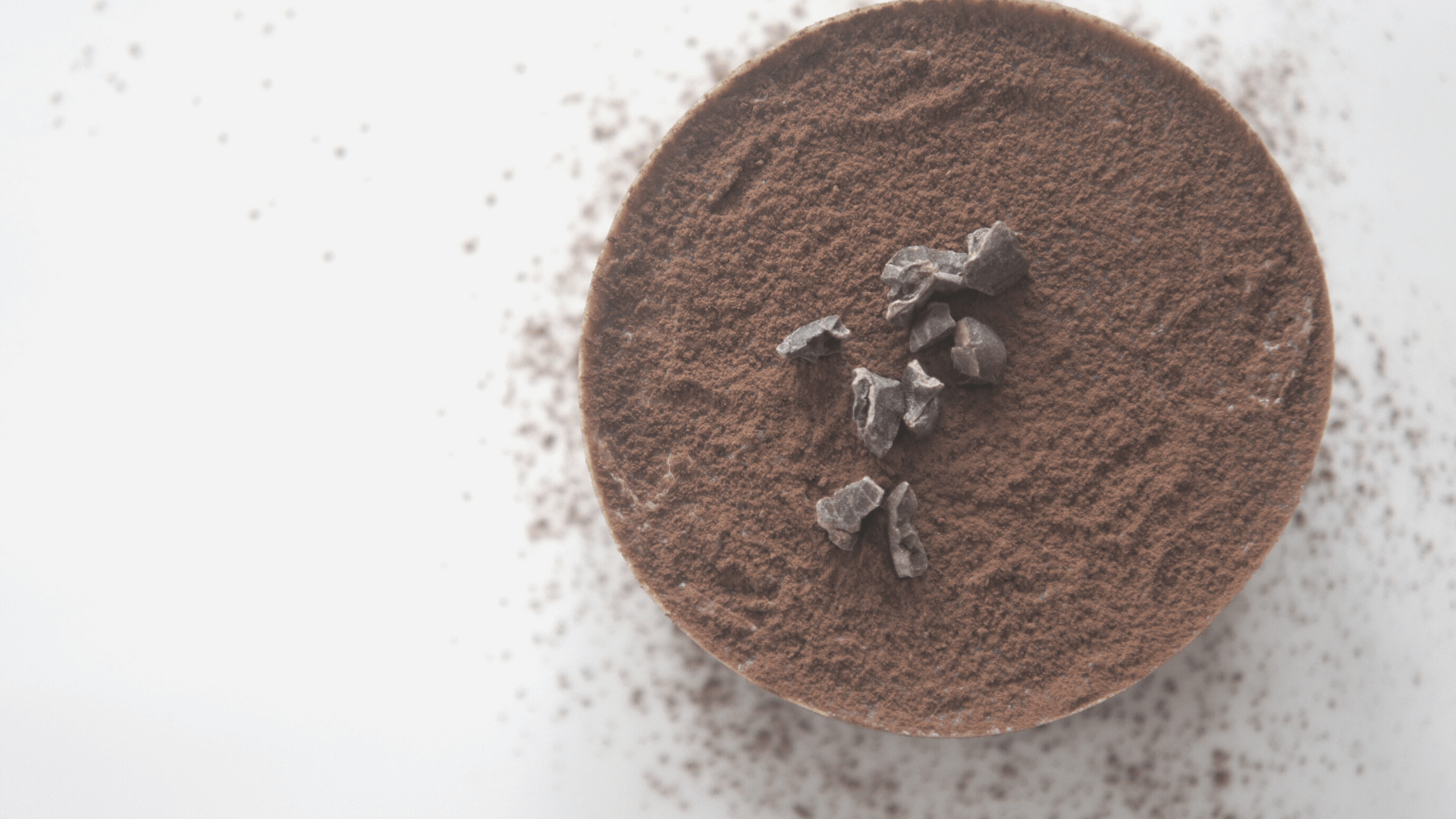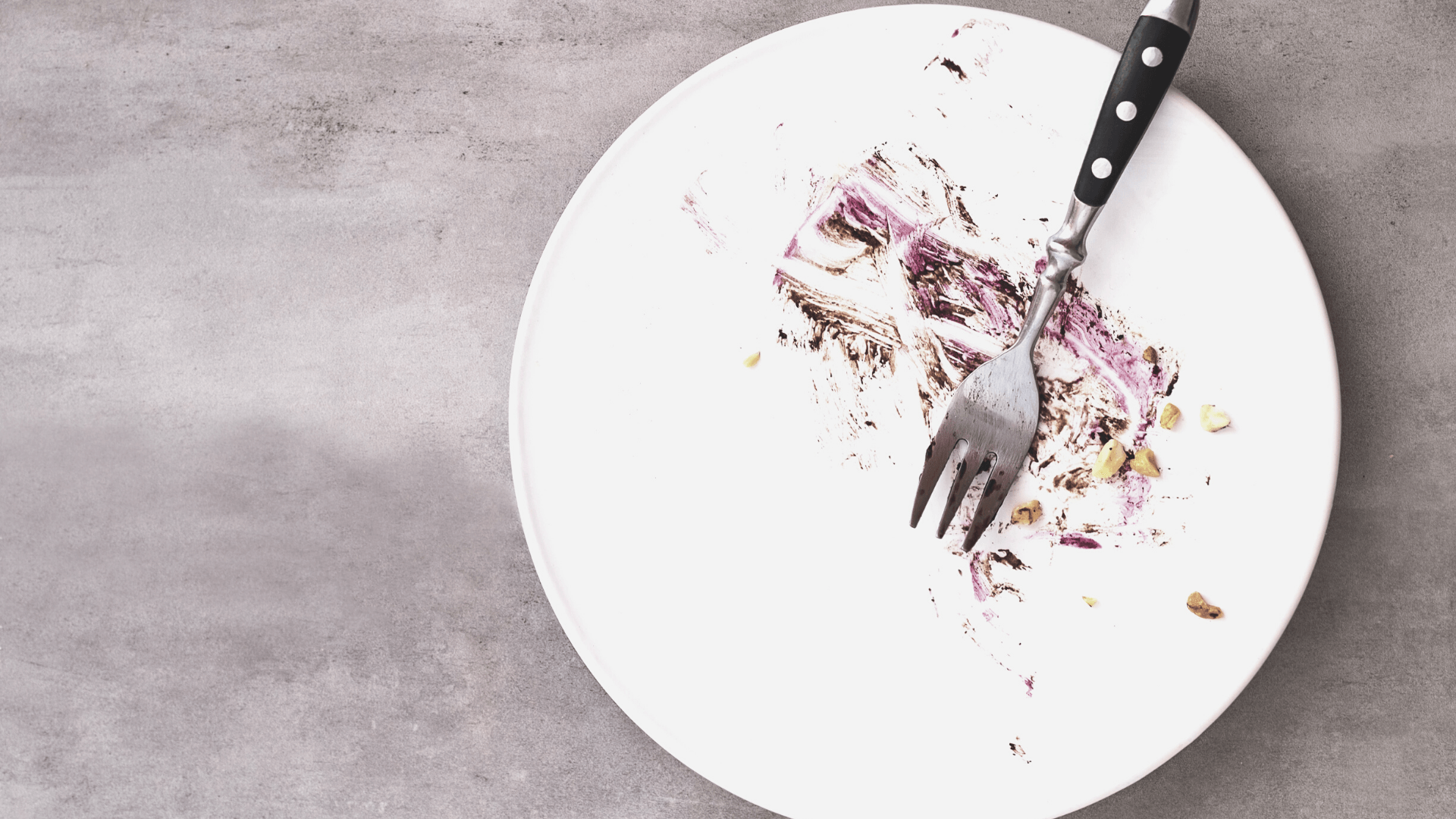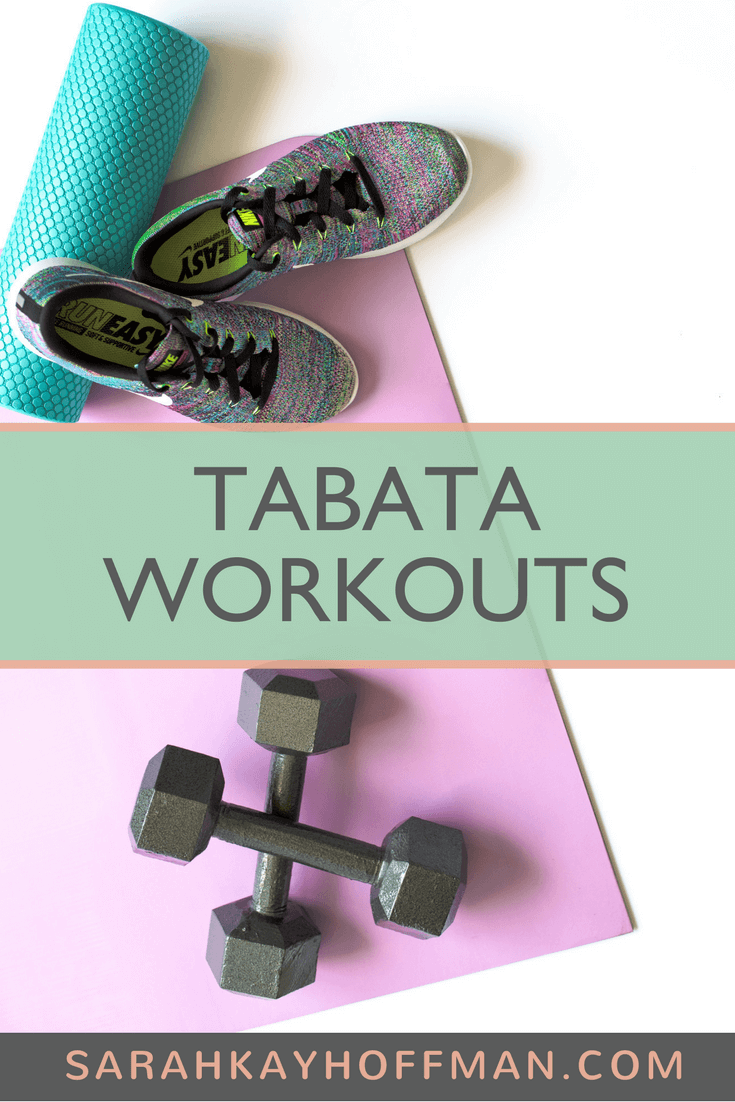What exactly are the best supplements for SIBO?
And how do I know?
The answer is twofold:
- I had SIBO, relapsed 5 times before healing for good.
- Research, research, and more research.
If you’re new here, let’s start with this medical condition SIBO – what the heck is it?
What is SIBO?
SIBO, or small intestinal bacterial overgrowth, is a condition that occurs when bacteria in the small intestine grows out of control – i.e. excess bacteria.
This overgrowth of bacteria can be pre-existing bacteria in the small intestine that has become overpopulated, or it can be bacteria from the colon that has moved up into the higher digestive tract.
This imbalance in bacteria causes issues with your digestive tract and prevents food from being properly digested. The overpopulation of bacteria feeds on food and produces byproducts that are not necessary for digestion.
This can lead to highly uncomfortable symptoms that can last a long time if not treated properly
Up to 80% of people with irritable bowel syndrome are thought to have SIBO as a root cause of symptoms.
It is extremely under diagnosed, but luckily is starting to gain popularity in the gut-healing space. (source)
Symptoms of SIBO
SIBO symptoms are tricky as they can overlap with a lot of other Gutsy symptoms, including IBS symptoms.
Some of the most common symptoms include:
- abdominal pain
- increased gas and bloating
- irregular bowel movements- constipation, diarrhea, or a mix
- brain fog and chronic fatigue
- acid reflux
- nausea
As you can see many of these symptoms are fairly non-specific, which is part of the reason SIBO can take quite some time to diagnose.
Some of the incredibly common symptoms that I have seen and experienced are crazy bloat after eating, issues with either constipation and diarrhea, and brain fog.
Of course each case is going to be so unique so if you are suspicious you may be dealing with SIBO, go ahead and get it tested.
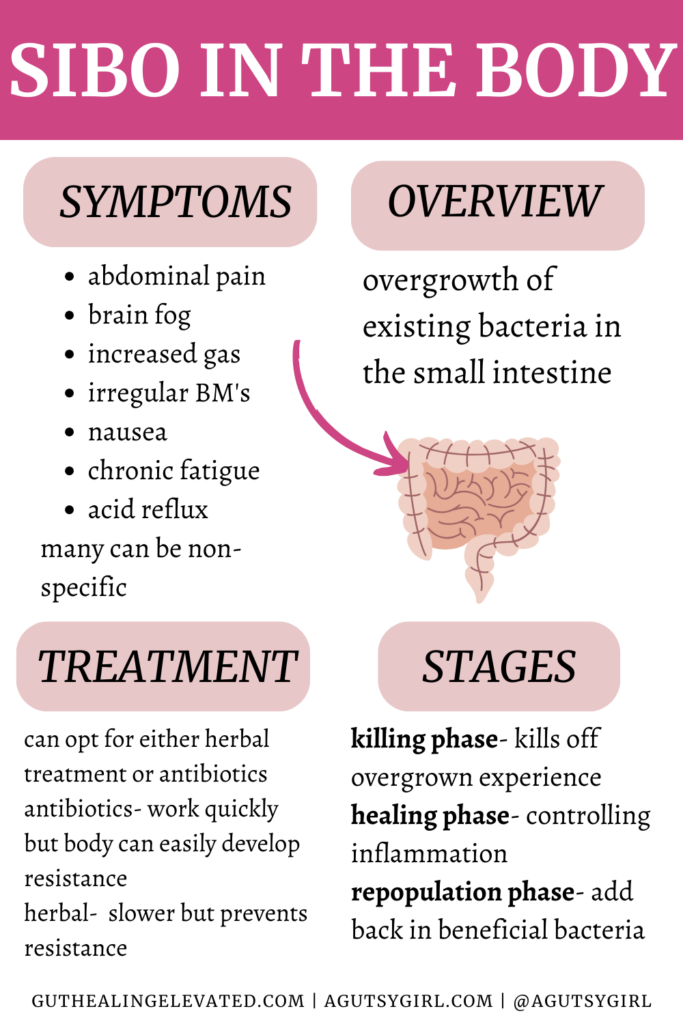
Small Intestine vs Large Intestine
The small intestine and large intestine are completely different organs in the gastrointestinal tract.
Although the GI tract is technically one long tube, there are different organs that make up different components and have different jobs.
Small Intestine
The small intestine comes directly after the stomach and is the major site for nutrient absorption.
This is where the majority of macromolecules are broken down into their smallest form and absorbed across the intestinal walls.
Bacteria on the walls and within the small intestine help to break down these food particles correctly and efficiently.
With SIBO, the small intestine struggles to operate correctly, and results in impaired digestive and absorption functions.
Large Intestine
The large intestine comes right after the small intestine and serves to absorb all excess water from the food to turn it into stool.
The large intestine has its own unique bacterial levels as it has to ferment and break down all the hard to digest food particles such as fibers and some micronutrients such as vitamin K.
Each organ has its own specific role to play in digestion and has its own optimal bacterial balance.
Without these bacteria, digestion could not take place.
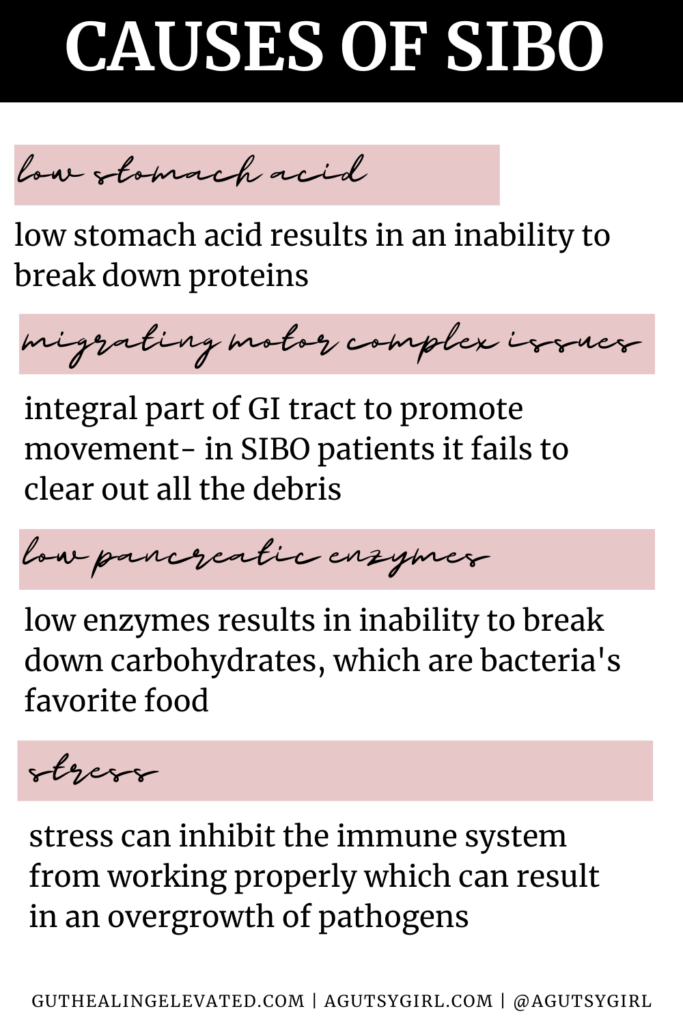
How do you “get” SIBO?
There are many root causes to SIBO.
On episode 40 of the A Gutsy Girl podcast, small intestine bacterial overgrowth expert Dr. Nirala Jacobi came on the show to discuss these root causes.
She puts them into 4 main categories:
- Motility
- Digestion
- Outflow problems
- Medications
And Dr. Jacobi says that healing SIBO oftentimes depends on the root cause. In other words, SIBO due to a bout of food poisoning typically means a healing journey that’s different than one due to scar tissue or other structural problems.
Regardless, it is an art to clear SIBO.
Truly.
And while there are many colors that make up this art piece, today the focus is on the best supplements for SIBO.
The Best Supplements for SIBO
Click HERE to save this post for later.
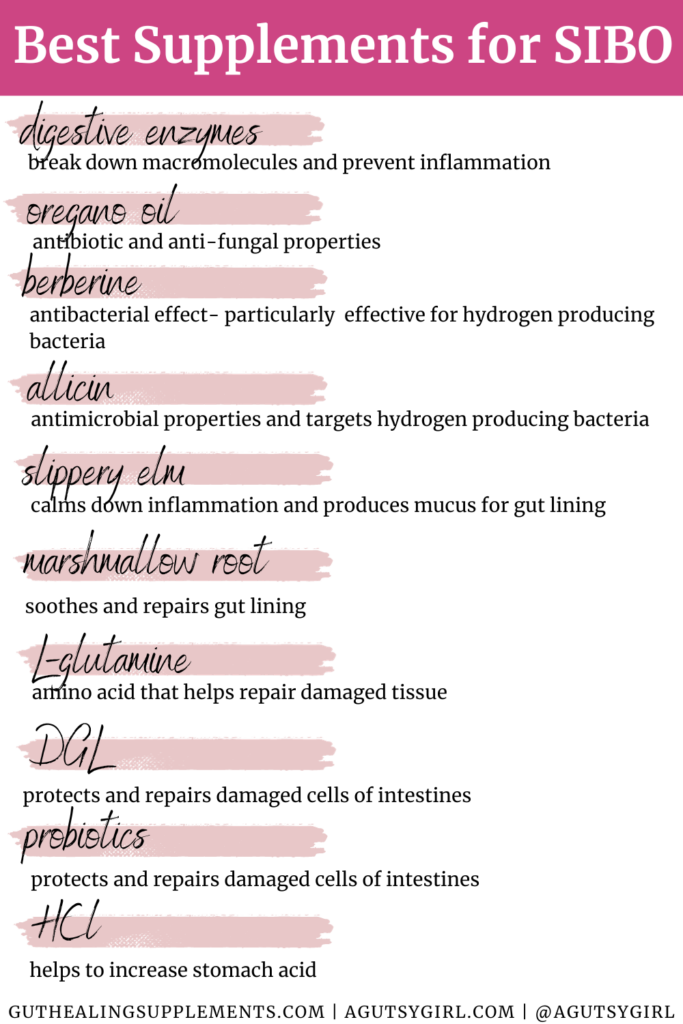
As you may know, SIBO was one of the diagnoses I had to struggle through on my own gut-healing journey.
It took quite some time, but I eventually came to the right balance of medicines that made the difference.
While I personally used traditional antibiotic therapy for my final time of healing, I also used various herbal antimicrobials, too.
And, in fact, studies have found herbals are just as, if not more, effective than Western medication for the treatment of SIBO.
If you want to know more about my long term SIBO healing and tools, simply click this button.
Herbal Antibiotics / Antimicrobial Herbs
I have sorted all of these herbs into three categories according to the stage of gut repair it falls under.
In traditional SIBO treatments you have three phases- killing, healing, and repopulating.
The killing phase includes herbs that damage and kill overgrown bacteria. These often are fairly strong herbs that can sometimes kill off some of the good guys, too. That is why the next phase is so important.
The healing phase is more about inflammation control than anything else. This is the phase where you use anti-inflammatory herbal therapy in order to mend the gut lining and repair damaged cells.
Lastly, is the repopulating phase. As the name suggests, this is where you ADD back in some bacteria that your gut may have lost in the treatment process.
All three of these phases are absolutely crucial to the SIBO journey and your gut can’t fully heal without addressing each one.
Overall digestive support
These supplements are important for improving digestive function while you concentrate on chipping away at the root issue.
By improving digestion, you can reduce inflammation and promote quicker healer.
Digestive enzymes
These help to break down all macronutrients (carbs, lipids, and proteins) into their smallest pieces.
This eases digestive distress and helps to prevent inflammation. Inflammation can lead to all types of digestive issues, such as SIBO, so this is a great place to start.
If you want to try out digestive enzymes, try out my own supplement called ‘Break Down’ HERE.
Break Down has a unique blend of the major enzymes and is especially made for individuals with Gutsy issues.
SIBO Killing phase
Oregano oil
This herb has both antibiotic and anti-fungal properties that make it perfect for killing off some of the bad bugs in your gut. It contains two ingredients that contribute to its powerful effect; carvacrol and thymol.
Carvacrol is able to damage bacterial membranes, which harms their ability to procreate.
Thymol increases digestive enzyme function in the gut which can help stimulate healthy digestion.
Both of these ingredients allow oregano oil to be a great choice for the killing phase of SIBO.
Berberine
Berberine targets hydrogen-producing bacteria and has a strong antibacterial effect.
It prevents these bacteria from reproducing and halts further overgrowth.
Berberine specifically targets many of the bacteria strains such as streptococcus, staphylococcus, klebsiella that are often seen in SIBO patients.
Berberine is typically used in conjunction with Allimax and Neem. It helps support a healthy balance of microbes in the GI and respiratory tracts, and consists of a compound found in Oregon grape, barberry, goldenseal, and other herbs.
Allicin
This is a part of garlic that is responsible for its antimicrobial properties. It also targets hydrogen-producing bacteria and prevents further population.
It helps improve the integrity of the gut lining which is an added benefit.
One of the most studied supplements with SIBO is Allimax. It helps specifically with constipation-related symptoms.
According to Allimax, Allicin works because it, “is able to react with micro-organisms and penetrate their cell walls.
At low concentrations of allicin, the degree of interference may not be lethal, but sufficient to block the microbe’s virulence. At slightly higher concentrations, the effect can prove lethal for the micro-organism.” You can buy it HERE.
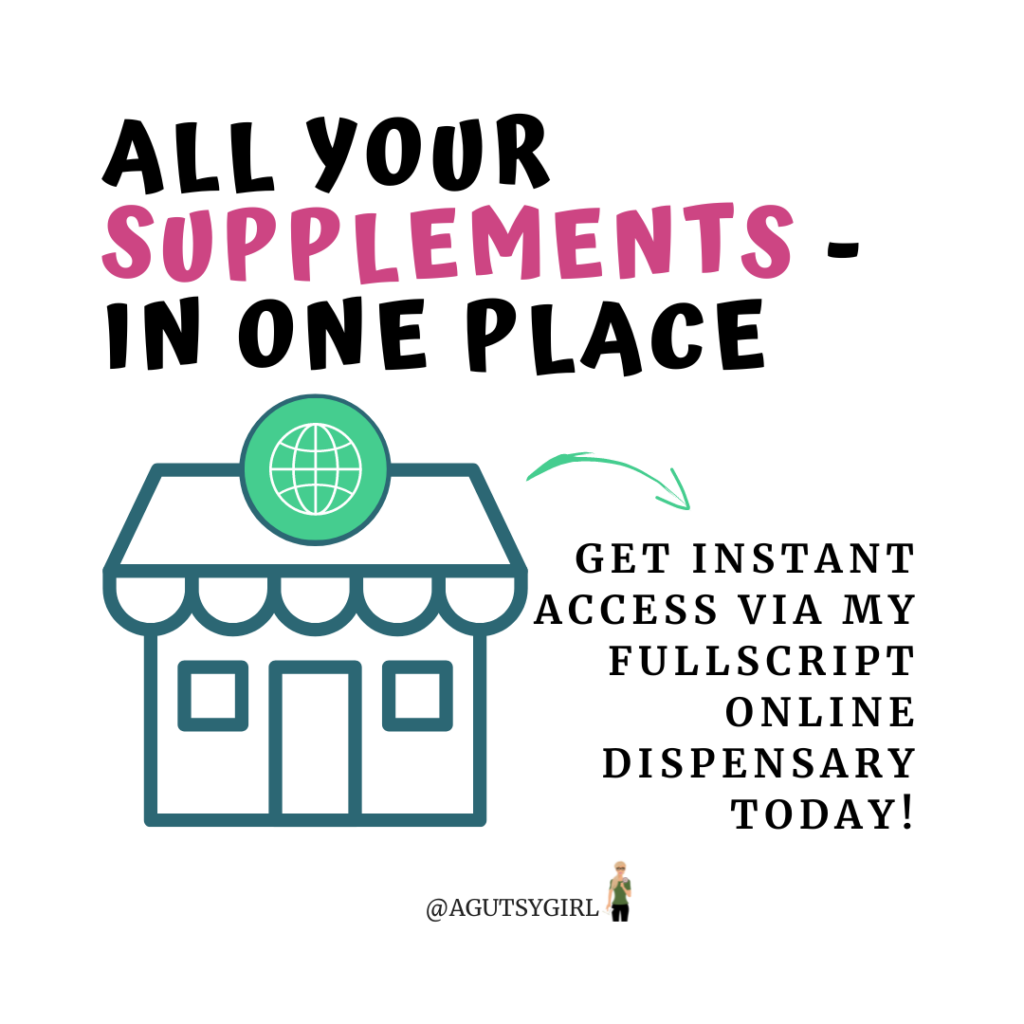
Get all 4 SIBO “Kill Phase” Supplements via my Fullscript Dispensary. Once you’re signed up I’ll increase your savings to 20%. And after you make your first purchase, I’ll increase that to 25% off for life.
SIBO Healing phase
Slippery elm
Slippery elm is perfect for the healing phase, as it not only calms down inflammation but it also promotes mucus production.
This helps to line the intestines and repair any damaged cells.
You can take slippery elm on its own, but it also is included in a lot of supplement blends especially made for gut repair.
Marshmallow root
Marshmallow root is another soothing supplement that both soothes and repair the gut lining.
It has been found to be beneficial for leaky gut, which often goes hand and hand with SIBO.
L-glutamine
L glutamine is an amino acid that helps to repair damaged tissue.
This is particularly useful for targeting damage in the gut as the cells can become damaged over time.
L-glutamine has also been shown to reduce inflammation, which as we know, is CRUCIAL for any kind of healing journey.
DGL
DGL is a form of licorice that has the harmful portion removed.
It works similarly to slippy elm in that it helps to protect and repair the intestines.
HCl
Since LOW stomach acid tends to be one of the primary reasons for SIBO reoccuring, increasing stomach acid can be exactly what you might need.
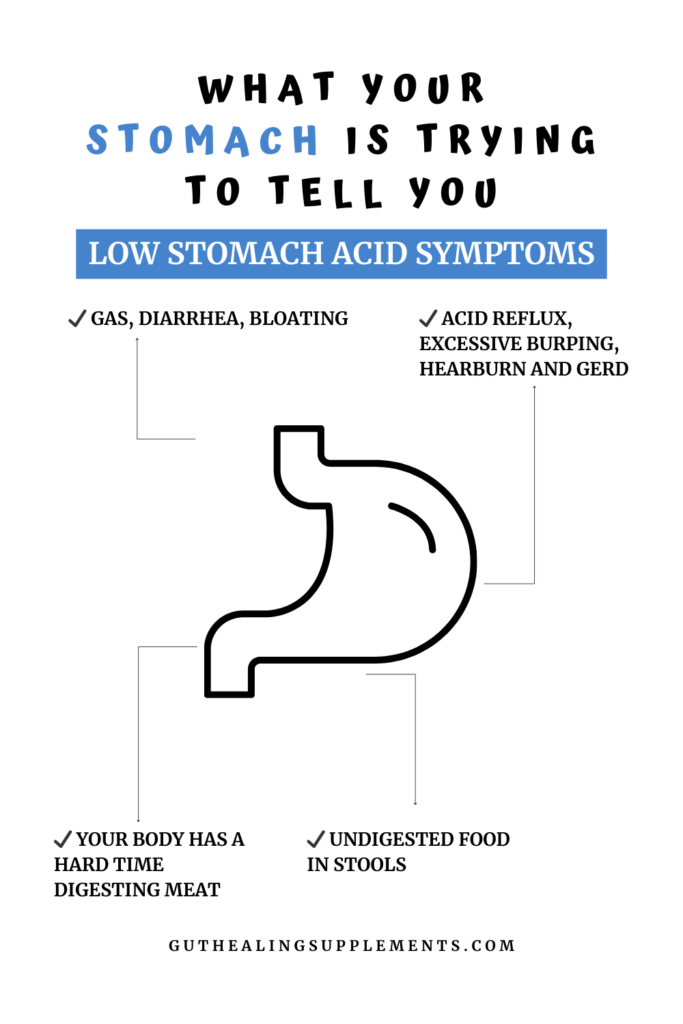
[Not sure if you have low stomach acid? HERE’s how to do the At Home Stomach Acid Challenge with Betain HCl.]
This Betaine HCl provides 750 mg of betaine hydrochloride per capsule along with pepsin, a key protein digestive enzyme produced in the stomach.
This product is ideal for those who are looking to support their stomach’s digestive function.
SIBO Repopulation Phase
Probiotics
Now, probiotics are a controversial move when treating SIBO.
The common train of thought is that probiotics can be risky for SIBO patients, as it can encourage the bad bacteria to overgrow again.
In theory, probiotics can be very beneficial, you just need the RIGHT kind of probiotics at the RIGHT time.
For SIBO patients, it is recommended to use spore-based probiotics.
These are a specific type of probiotic that slowly colonize in the GI tract and have been found to reduce symptoms in SIBO sufferers.
They crowd out some of the pathogens and establish better quality bacteria in the gut.
Soil based probiotics are quicker to colonize in the gut, which can amplify reproduction of the bad bacteria. This leads to a cycle of relapsing SIBO.
I recommend slowly adding probiotics in, and if your symptoms worsen, don’t feel bad about removing them.
They may not work for everyone.
SIBO Type
Now, when it comes to the best supplements for SIBO, you’ll also have to know if you are hydrogen or methane dominant.
I know, I know…..so many nuances. This is why people have such a hard time getting rid of the overgrowth.
For example, here is what Dr. Jacobi states in the podcast episode (that I linked to above):
- Hydrogen-dominant SIBO = Berberine, Neem, oregano
- Methane-dominant SIBO = garlic extract or oregano oil
But here is something else…..some people have both hydrogen and methane-dominant SIBO. I was one.
This can make it all even more tricky.
For the sake of your own research today, here are more articles where I’ve written about the different types:
First Step: Underlying Causes
One of the first steps to healing your SIBO is to find the root cause behind your symptoms.
The body is designed to keep bacteria at bay, so there has to be some underlying mechanism that is faulty.
In addition to the root causes quick list I presented above, here are some more common ideas:
Low stomach acid
One of the most common causes is actually low stomach acid.
This occurs when the stomach does not have enough acid to break down proteins and other molecules properly, resulting in undigested food.
The undigested food moves down to your colon and ferments there, causing a whole host of unpleasant symptoms.
Because this is so common, there is HCl added to our digestive enzyme, Break Down, so that you’re getting all the good things for SIBO healing.
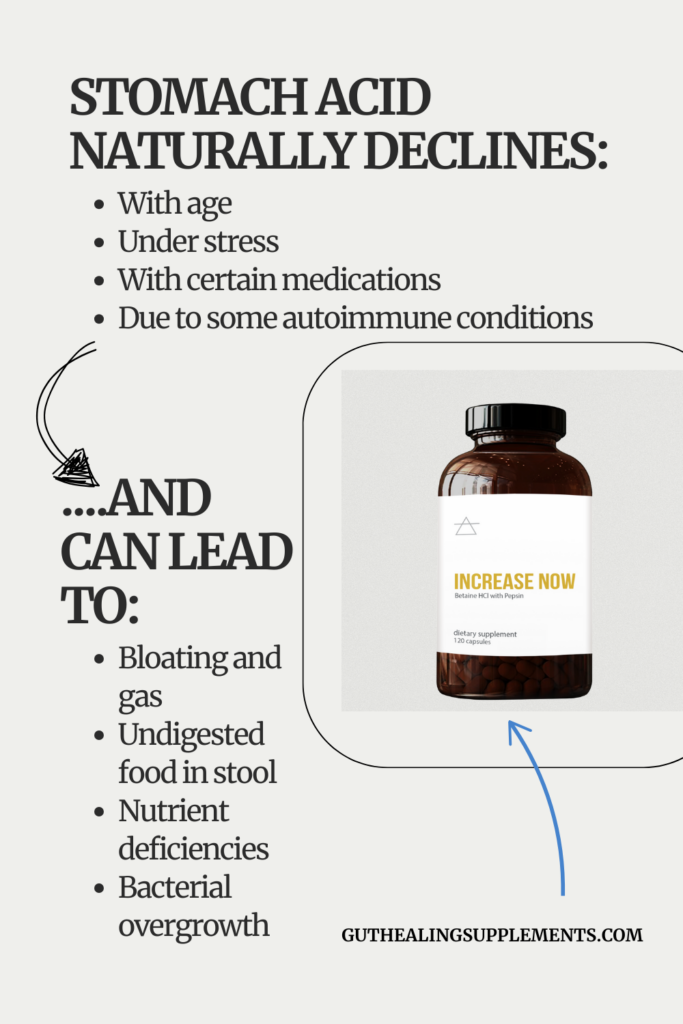
Migrating motor complex issues
Your MMC (migrating motor complex) is an integral part of your GI system that sweeps in between meals to promote movement of food down the intestinal tract.
In SIBO patients the MMC is often too slow or fails to operate as it should.
This results in a build-up of bacteria and toxins due to undigested food staying in the body for too long.
In order to combat this, most practitioners recommend adding in some sort of natural prokinetic, which helps move stool along the digestive tract.
Some of my favorite natural prokinetics include:
- MotilPro
- ginger
- magnesium
You can also be prescribed prokinetics, but I recommend trying these natural remedies first.
These help to get those toxins out and prevent further bacterial build-up.
Low pancreatic enzymes
Low levels of enzymes are another common root cause behind SIBO.
If your body can not break down nutrients into their necessary counterparts, it leads to undigested carbohydrates floating around, which are bacteria’s favorite food source.
To increase enzymes I recommend just finding a high-quality enzyme that contains the basic macronutrient enzymes such as lipase, amylase, and protease.
Stress
Stress can inhibit the immune system from working properly, which results in an inability to properly regulate pathogens.
Without an active immune system, bacteria can run rampant which leads to overgrowth.
Our body’s natural digestion is also unable to operate in a state of stress which leads to undigested particles and inflammation. (source)
Major lifestyle changes, like getting a grip on all stressors, can drastically help your SIBO healing efforts.
Other issues present with SIBO
SIBO patients also present with many other issues due to their inability to properly absorb nutrients.
One common issue is nutrient deficiencies, which occur due to a combination of indigestion and inability to properly synthesize nutrients.
Common nutrient deficiencies include the fat soluble vitamins A,D, E, and K.
One of the most prevalent deficiencies is B12, which is absorbed by bacteria in the large intestine.
B12 is necessary for proper nervous system functioning and deficiencies can result in symptoms such as:
- weakness
- fatigue
- numbness
- confusion
In order to check for micronutrient deficiencies, I recommend getting your blood checked by a doctor or practitioner. Since fat soluble vitamins can be bad for you in excess, you want to check before you start taking these supplements.
One of the best ways to ensure you don’t have micronutrient deficiency, without fear of it reaching toxic levels, are through multivitamins.
Source: HERE
Other Treatment Options
While this post is about the best supplements for SIBO, I quickly want to point out a few other treatment options.
SIBO Antibiotic Treatment
This is another alternative treatment plan that works in similar ways.
The most commonly used antibiotic is Xifaxan (Rifaximin), which helps to stabilize the gut microbiome by killing off bacteria. Unfortunately, with antibiotics the infection has a higher probability of coming back.
For people with constipation based SIBO (typically methane-dominant), a combination of Xifaxan and Neomycin has proven to be highly effective.
Neomycin is another antibiotic that helps with bacterial overgrowth, but targets primarily methane-producing bacteria. This combination targets both bacterial strains which can be slightly hard on the digestive system.
Another potential downfall of antibiotics is antibiotic resistance, which can occur after taking the same antibiotics repeatedly. If your course of antibiotics do not budge SIBO, give it a bit of time before you try again. Otherwise you risk your body becoming immune to the drug entirely.
But again, please remember that many do need the antibiotics and working with your healthcare provider will help you determine what’s best for you.
Bio-film buster (for multiple antibiotic courses); PHGG (partially hydrolyzed guar gum), Ox Bile
Dr. Jacobi talks more about these in that podcast episode as well.
SIBO Diet
There are many different ways for approaching the SIBO diet.
While it seems singular, the SIBO diet and making dietary changes conducive for SIBO healing is far from it.
SIBO diet options can include:
- Low-FODMAP diet
- Elemental Diet
- Overall FODMAP diet plan
- Bi-phasic diet
Again, there is nothing easy about SIBO.
SIBO supplements are part of the equation, but I would argue that they are a major component!
If you want more on SIBO, check out Reasonable SIBO.
And if you want to begin your everlasting gut healing journey, join Gut Healing: ELEVATED.
This is my SIGNATURE course that takes you through everything WHILE ALSO giving you the chance to ask me everything and anything along the way.
If you’re TRULY desiring to heal – to have more food freedom, and less stress and fatigue, THIS IS YOUR SIGN to join now!








If you liked this post on the best supplements for SIBO, you might also enjoy:
- SIBO Diet Recipes – A Gutsy Girl Way
- SIBO Supplements (6 to consider after the SIBO antibiotics)
- FoodMarble Aire Review
Xox,
SKH
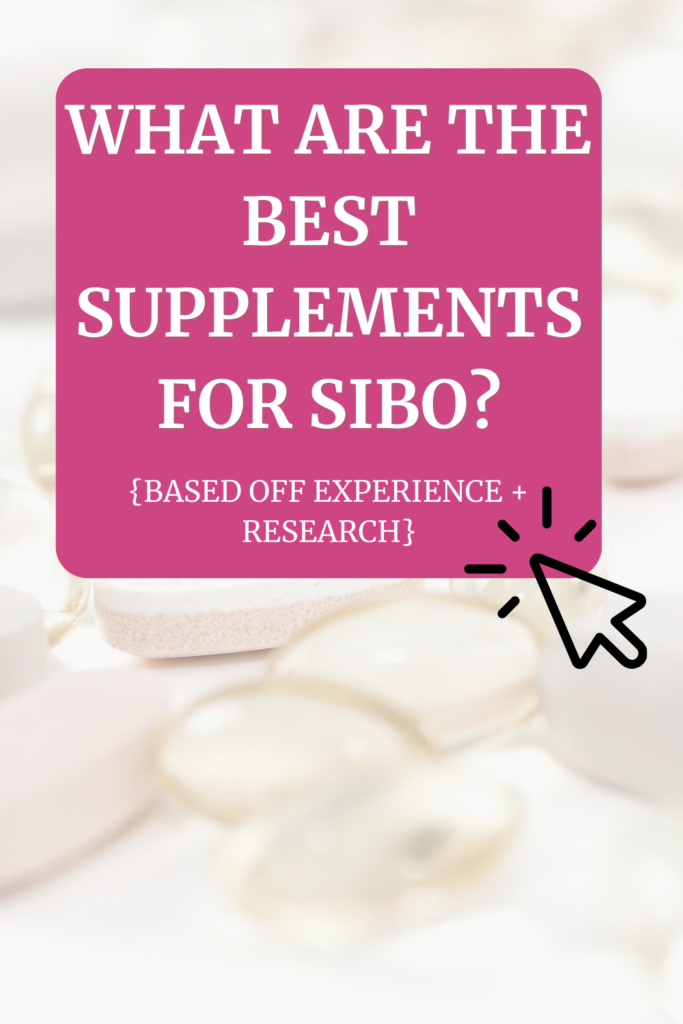
🤰 bloating be gone! weight loss through optimal gut health for women
💃ʜᴇᴀʟ ʏᴏᴜʀ ɢᴜᴛ. ʜᴇᴀʟ ʏᴏᴜʀ ʟɪfe.
🫶🏻 founder gutbyome.com

